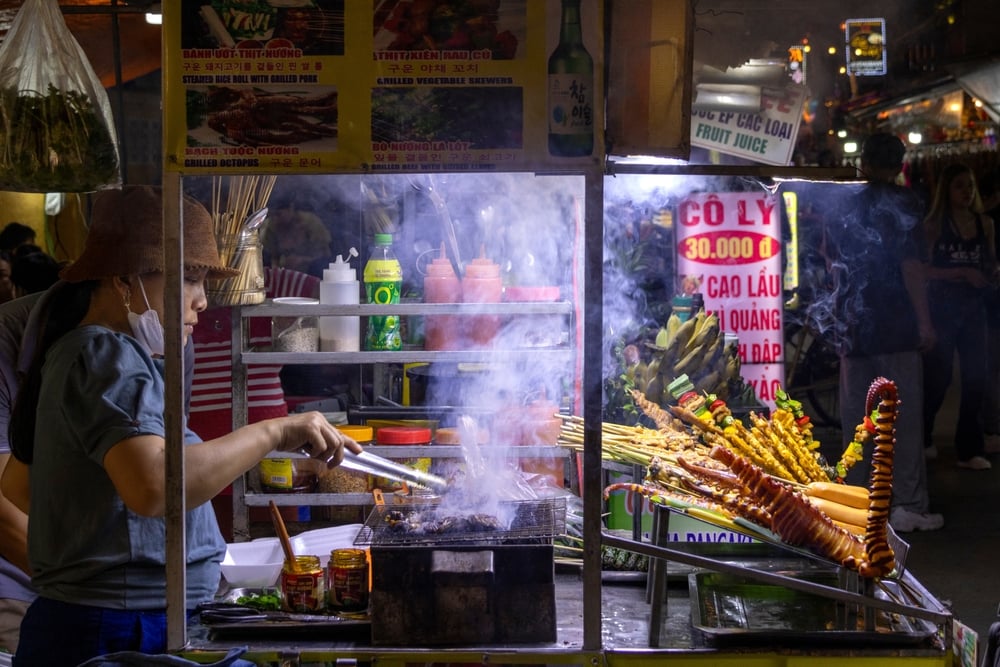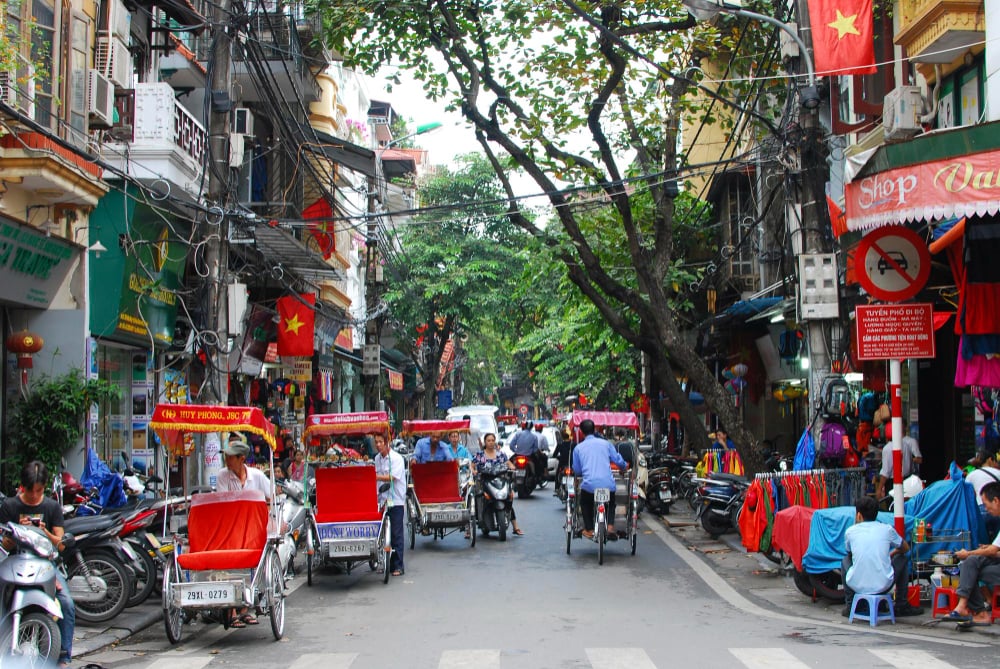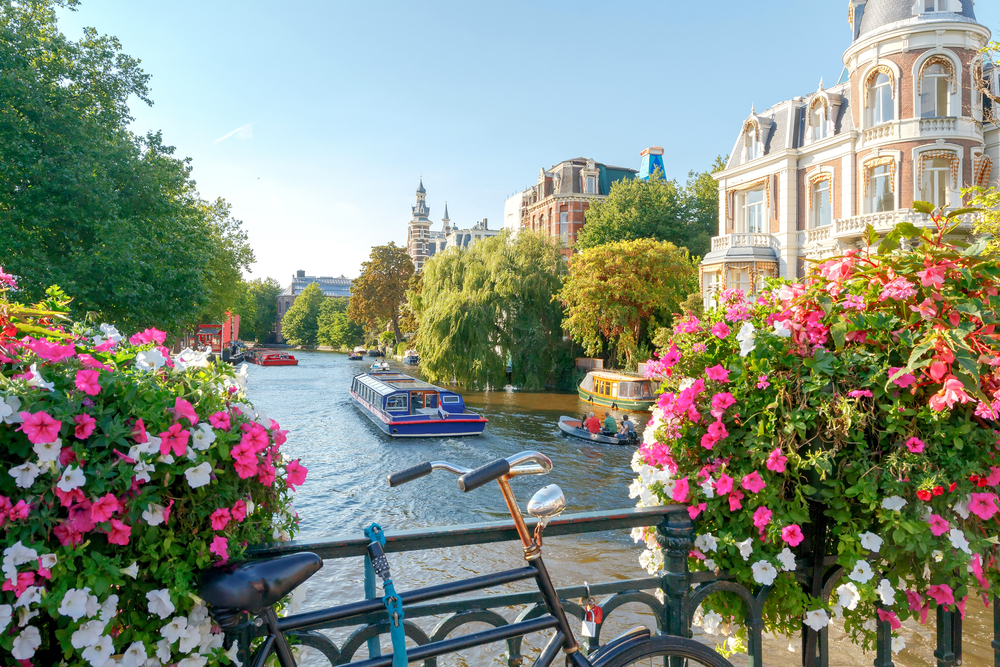Answering key personal questions helps pinpoint the country that suits your lifestyle best.

Finding the right country to live in goes beyond popular opinion and superficial attractions. By reflecting on your preferences for climate, culture, language, safety, and economic factors, you can identify a location that truly aligns with your values and daily needs. This thoughtful approach ensures your choice supports long-term happiness and practical living considerations, turning relocation into a fulfilling personal journey.
1. What climate do you feel most comfortable living in throughout the year?

Understanding your comfort with a region’s climate helps identify suitable countries. Some people favor year-round warmth and sunshine, envisioning palm trees swaying by the sea, while others thrive in cooler, crisp mountain air or snowy landscapes that mark the seasons in dramatic strokes.
Preferring one climate over another impacts everyday living, influencing everything from wardrobe choices to weekend leisure. Avid skiers might enjoy countries like Switzerland, where winter offers more than just a dazzling view but an invitation, as mentioned by U.S News & World Report. Those seeking consistent warmth might lean toward Mediterranean, beach-side locales.
2. How important is access to cultural activities and historic landmarks for you?

Cultural activities and landmarks shape a country’s identity more than one might assume. Access to opera houses or ancient ruins might be essential for some, providing not just entertainment but also a tangible link to history that deepens life’s personal context.
In contrast, individuals might opt for countries where informal cultural scenes dominate, prioritizing local art or craft markets over grand museums, according to wikiHow. Cities known for thriving arts environments could foster creativity in residents, significantly enriching one’s daily experience.
3. Do you prefer bustling urban life or quiet rural surroundings around you?

Urban chaos or rural tranquility can define how connected one feels to their surroundings. While some are drawn to the vibrant rhythm of cities like Tokyo, with skyscrapers glittering at all hours, others may cherish the serenity found walking a country lane.
Preferences in surroundings influence not only lifestyle but also stress levels. A bustling metropolis might offer career opportunities and entertainment, though the daily hustle can become overwhelming, as stated Mentimeter. Conversely, rural settings promise peace and space, promoting a grounded, slower pace of life.
4. What languages do you speak or wish to learn while living abroad?

Language can be both a bridge and a barrier in a new country. More than just verbal communication, language immersion shapes cultural understanding and social connection, enhancing the depth of one’s interactions with locals and the community at large.
A preference or fluency in a language opens doors to richer experiences and easier integration. Countries where additional languages prevail, such as Canada or Switzerland, may appeal for their multilingual nature, fostering a diverse and inclusive atmosphere that can suit various linguistic aspirations.
5. How much does proximity to family and friends influence your choice?

The proximity to friends and family can heavily influence relocation choices. Being near loved ones offers emotional support and a sense of belonging that can’t quite be matched by frequency or duration of video calls across different time zones.
Deciding to stay connected physically to a network of family or friends may steer one towards countries with short flight routes or simple travel logistics. Conversely, those with greater independence might choose destinations based solely on personal aspirations, prioritizing adventure over connection.
6. What kind of cuisine and food culture are you excited to explore?

Cuisine and food culture are windows into a nation’s soul. Culinary scenes can excite or deter, depending on one’s taste for novelty and food preferences. From Italy’s pasta-driven gastronomy to Thailand’s vibrant street food scene, each country offers a unique palette.
Adventures in food not only nourish the body but also provide cultural context, fostering community through shared meals and traditions. A passion for food exploration might steer one towards a country where flavors are integral to the social fabric, presenting an enriching venture into local life.
7. How important is public transportation and ease of getting around daily?

Navigating a new place often depends on public transportation quality and convenience. Efficient systems offer autonomy without the need for personal vehicles, forming an urban backbone that keeps the city pulsating with life and accessibility, from Paris’s metro to Tokyo’s bullet trains.
The reliance on public transport varies, impacting not only everyday logistics but also broader living choices like housing proximity to transit hubs. A well-connected transport network might serve as a significant draw, enabling ease of movement without extensive planning or additional costs.
8. Do you seek a country with a relaxed pace or a fast-moving environment?

Pace of life radically alters living experience, often reflecting a country’s cultural tempo. Some destinations pulse with perpetual motion, where time seems to shorten as activities and innovations vie for attention, creating a fast-paced, electrifying atmosphere.
Alternatively, nations embracing slower rhythms offer a stark contrast, where leisure, reflection, and downtime are prioritized. A country’s tempo might align with personal lifestyle choices, helping to cultivate balance and satisfaction, influencing one’s overall happiness and well-being in sometimes-unexpected ways.
9. How much value do you place on outdoor activities and natural landscapes?

Outdoor activities and natural landscapes often define quality of life. For those enamored with nature, the opportunity to hike through verdant mountains or swim in azure waters might outweigh urban attractions, offering a connection deeper than concrete can provide.
Nature enthusiasts often favor countries where outdoor beauty is integrated into daily life, from Costa Rican rainforests to New Zealand’s fjords. Access to natural settings not only encourages physical well-being through active pursuits but also nurtures mental health, offering solace in scenic terrains.
10. What budget range are you comfortable with for housing and everyday costs?

Budget considerations shape choices significantly when living abroad. Housing affordability and daily costs determine comfort levels and financial stability, compelling potential residents to consider economic realities alongside cultural aspirations, ensuring dreams align with fiscal capacities.
Costs differing vastly by region impact overall experience, highlighting the importance of realistic financial planning. Countries boasting low cost of living might appeal for their economic promise, while others, despite higher expenses, attract through unmatched cultural or professional opportunities that justify the investment.
11. How crucial is a strong healthcare system to your peace of mind abroad?

Healthcare systems offer peace of mind that can be as crucial as any physical comfort. The knowledge of reliable medical facilities accessible when needed impacts one’s sense of security and long-term well-being, particularly in unforeseen situations beyond one’s control.
Countries with comprehensive healthcare services provide reassurance, appealing to those for whom quality medical care is a priority. Rigorous standards in public health can sway decisions, establishing a foundation of trust and assurance which influences broader lifestyle choices and overall relocation decisions.
12. Are you looking for a country with specific social or community values?

The presence of specific social values within a country can drive location choices. An alignment with community ethics and standards shapes comfort levels, fostering an environment where personal and communal beliefs harmonize, cultivating a mutually respectful and satisfying societal experience.
Prioritizing countries embodying these societal attributes encourages an enriching environment where one can thrive. Countries known for social progress and inclusivity might attract those seeking alignment with personal principles, offering a backdrop where individual and collective aspirations intertwine seamlessly.
